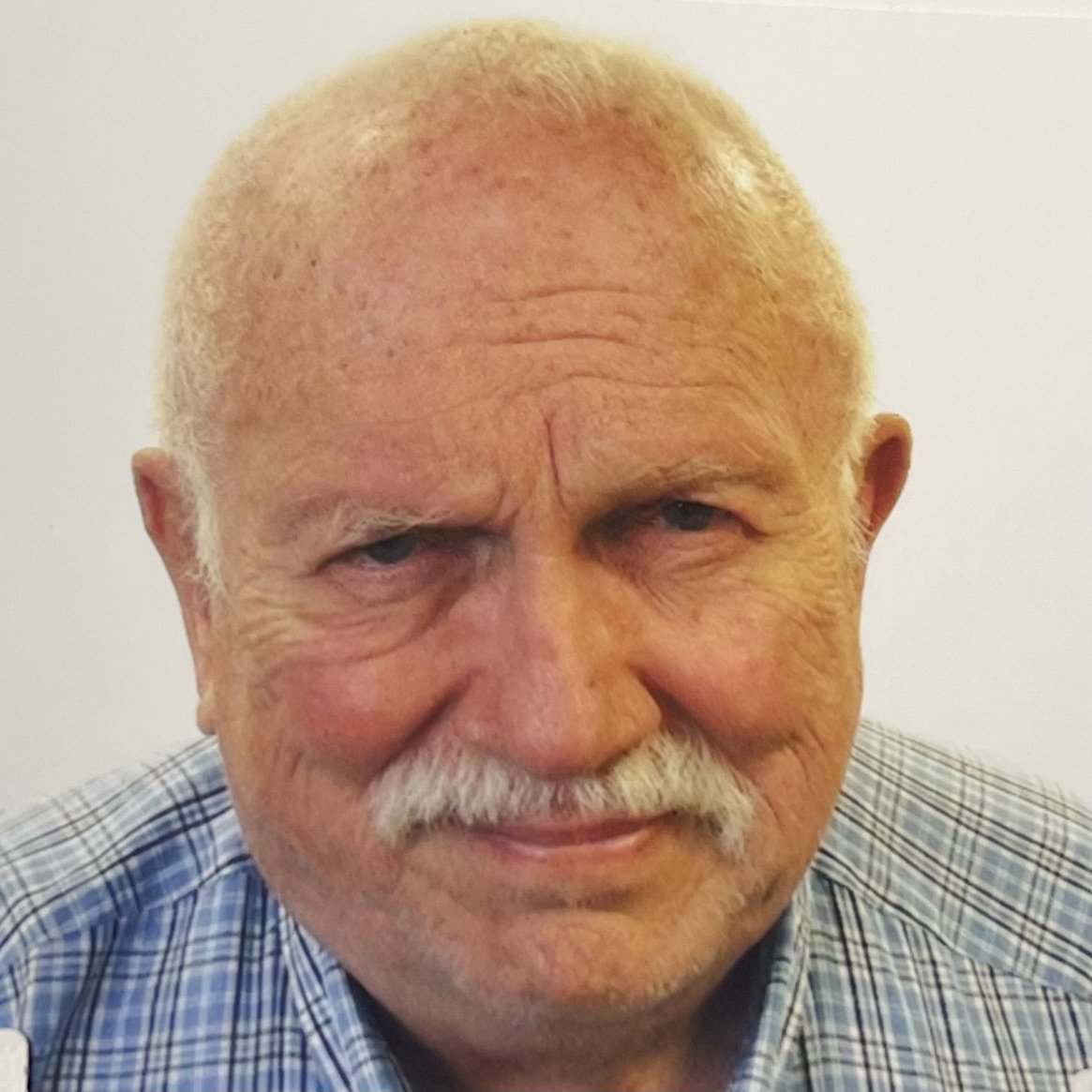Episode 37: Season II, Episode VIII: The AIDS Epidemic
A full transcript of this episode can be found here.
This week on The Past, The Promise, The Presidency, we are exploring a tragic national crisis that hits very close to home in 2021. The crisis of the HIV/AIDS epidemic.
Having lived through two years of a new coronavirus pandemic, we all intimately understand just how confusing and terrifying it can be for patients, doctors, and yes, presidents to confront a new and deadly disease. One of unknown origin, transmission, and incubation. Indeed, the only thing doctors could say with real confidence in the early 1980s about the Acquired Immune Deficiency Syndrome is that those who got it died.
We have gathered three guests to help us understand the Reagan Administration’s lethargic response during the early days of the AIDS epidemic. We also explore the key roles of patients, activists, and healthcare workers who pushed the US Government to do more to combat the AIDS epidemic.
First we spoke to Dr. David Oshinsky, Pulitzer Prize winner, and director of Division of Medical Humanities at NYU Grossman School of Medicine and a professor in the NYU Department of History.
We then spoke to Dr. John Richard Graybill an infectious disease specialist who was quite literally on the front lines of the first battles against this new virus in the early 1980s.
And finally, we spoke to Dr. Jennifer Brier, Professor of History and Gender and Women's Studies at the University of Illinois, Chicago. An award-winning public historian and activist, she is the author, among other works, of Infectious Ideas: U.S. Political Responses to the AIDS Crisis.
Together they helped us understand a moment when public health ran headlong into presidential politics.
Maybe that sounds familiar. All right, let's get to it.
Guests:
Dr. David M. Oshinsky is director of the Division of Medical Humanities at NYU Grossman School of Medicine and a professor in the NYU Department of History.
David Oshinsky, PhD, is director of the Division of Medical Humanities at NYU Grossman School of Medicine and a professor in the NYU Department of History. His books include two medical histories. Polio: An American Story, which won both the Pulitzer Prize in History and the Hoover Presidential Book Award and Bellevue: Three Centuries of Medicine and Mayhem at America’s Most Storied Hospital, which was voted "Best Book About New York City" and was a PBS "Best Book of the Year." Oshinsky’s articles and reviews appear in the New York Times, Wall Street Journal, Washington Post, and New York Review of Books, among other publications.
In 2009, PBS’ The American Experience aired The Polio Crusade, a documentary based on Oshinsky’s Polio: An American Story, and in 2020 released McCarthy: Power Feeds on Fear, a documentary based on his biography of Joseph McCarthy.
Oshinsky has been a frequent juror for the Pulitzer Prizes in history and in biography. He received the Dean's Medal from the Bloomberg-Johns Hopkins School of Public Health for his distinguished contributions to the field, and Bill Gates wrote that Oshinsky’s polio book strongly influenced his decision to make polio eradication the number one medical priority of the Gates Foundation.
You can follow Dr. Oshinsky on Twitter @DavidOshinsky.
Dr. John Richard Graybill is an infectious disease specialist who was quite literally on the front lines of the first battles against this new virus in the early 1980s.
Dr. John Richard Graybill earned his MD from Cornell University Medical School and completed his residency at Vanderbilt University Hospital. In 1974, he began working as an infectious disease specialist at the University of Texas Health Science Center. He continued to work at the University of Texas until his retirement in 2007, and he has been a leader in infectious disease research, teaching, and treatment. In 1990, Dr. Graybill was appointed as a Civilian National Consultant for Infectious Disease by the Surgeon General, Monte B. Miller. Dr. Graybill has also been an active participant in volunteer medical missions in remote parts of Mexico, Columbia, and Guatemala since his career began in the 1970s.
Dr. Jennifer Brier is a Professor of History and Gender and Women's Studies at the University of Illinois, Chicago. An award-winning public historian and activist, she is the author, among other works, of Infectious Ideas: U.S. Political Responses to the AIDS Crisis.
With a joint appointment in the Program in Gender and Women’s Studies and the History Department, Jennifer Brier’s research and teaching are largely focused on exploring the historical intersections of gender, race, and sexuality. Her first book, Infectious Ideas: U.S. Political Response to the AIDS Crisis (University of North Carolina Press, 2009) argues that AIDS provides the perfect lens through which to see the complex social and political history of the 1980s and 1990s. She substantiates this argument by detailing how activists, service providers, philanthropists, and the federal government responded to AIDS in the first two decades of the AIDS epidemic. She places the history of a successful yet complex and contentious social movement organized to deal with the AIDS epidemic in conversation with a more traditional political history of how the state dealt with this public health crisis. Finally, she links the local to the global by connecting the development of domestic AIDS policy and activism to global AIDS policy and activism.
Brier is also actively engaged in producing public history. She co-curated the award-winning exhibition, "Out in Chicago," on LGBT history in Chicago at the Chicago History Museum as well as Surviving and Thriving: AIDS, Politics and Culture, a traveling exhibition for the National Library of Medicine. Brier is currently leading a team of UIC faculty, students and staff to build a community-curated mobile gallery called History Moves that will provide a space for Chicago-based community organizers and activists to share their histories with a wide audience. The interdisciplinary project has received funding for the National Endowment for the Arts, UIC’s Institute for Policy and Civic Engagement (IPCE), Institute for Research on Race and Public Policy (IRRPP), and the Chancellor’s Multidisciplinary Discovery Award.
You can follow Dr. Brier on Twitter @historymoves.
To learn more, please visit I’m Still Surviving, which uses oral histories to center women in the history of HIV/AIDS.



